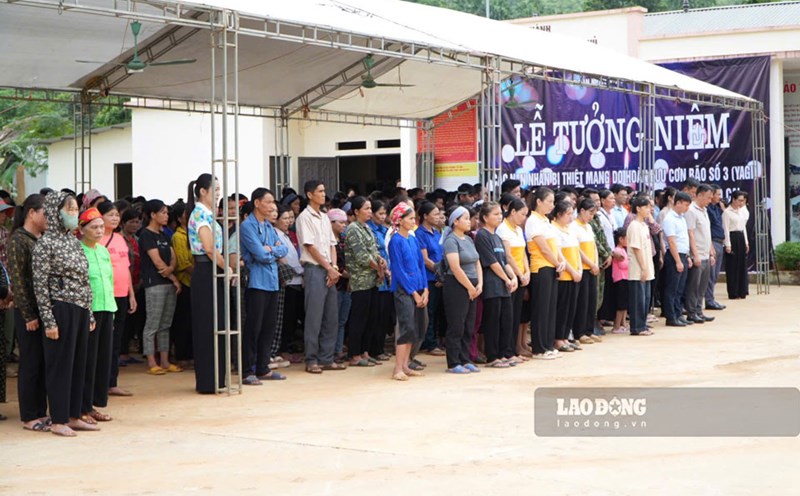Ms. Trieu Thi Loan (from Trieu Son commune, Thanh Hoa) came to Hanoi to work in 2016, right after graduating from high school.
When she first moved to Hanoi, Ms. Loan was introduced by relatives to work as an employee at a stationery store in Ha Dong ward. Ms. Loan works as a saleswoman, with a salary of 5 million VND/month, and has 1 day off on Saturday and 1 Sunday each month.
At the end of 2017, Ms. Loan lost her job because the store required sales staff to also have the task of paying and making statistics at the end of the day. "I didn't know how to use related software to make statistics, the company didn't notify in advance, and didn't give me time to attend extra classes, so I was fired with 2 other employees," Loan recalled.
Losing her job before Tet, Ms. Loan struggled to find a job so she returned to her hometown. In the second quarter of 2018, she returned to Hanoi when she was asked to work as a garment worker by acquaintances. After 3 weeks of studying, I worked at a garment factory in Gia Lam commune, with a salary and allowances of about 8 million VND/month, said Ms. Loan.
According to Ms. Loan, she has only been with the garment company for more than 4 years, then the company went bankrupt, and she lost her job. While asking acquaintances to introduce her and going to all the shops and restaurants around the boarding house to find a job, in August 2022, Ms. Loan was hired to work for a bonsai shop in Bat Trang commune. Since then, Ms. Loan has lost her job on average every year. Currently, Ms. Loan has just submitted an application for unemployment insurance and is looking for a new job.
Mr. Le Quang Trung - former Deputy Director in charge of the Department of Employment said that digital transformation makes the labor market more complicated, requiring technological skills and high adaptability. Unskilled workers, if they do not mind the hardship of studying and being trained to improve their qualifications, will be the ones who are easily "exposed" from the labor market.
The biggest challenge is probably the weak ability of workers to change careers when labor market information is limited. At the same time, their skills and qualifications do not meet the changes in the job structure," said Mr. Trung.
Sharing the same view, Mr. Vu Quang Thanh - Deputy Director of Hanoi Employment Service Center said that in 2025, recruitment demand will focus mainly on areas such as technology, digitalization, AI application and automation in the context of more and more businesses promoting technology upgrading, digitalization, AI application and automation in production and business activities. This promotes high recruitment demand in the fields of digital, environment - society - management.
With that picture of labor supply and demand, people without qualifications and unskilled workers will have difficulty finding jobs, or if they have jobs, it will not be sustainable.
Mr. Thanh said that the unemployment rate among unskilled workers currently accounts for nearly 60% of the entire labor market.
The group of workers without technical expertise who are proposed to receive unemployment benefits will continue to account for 59.37% in July 2025. This figure clearly reflects the increasing demand for skilled labor. reality also shows the pressure on the group of unskilled workers, forcing workers to recalculate the plan to re-enter the labor market. This is also the reason for increasing vocational training consultation for the working group when receiving unemployment insurance, said Mr. Vu Quang Thanh.









